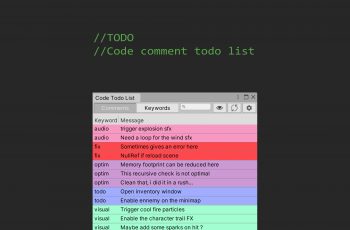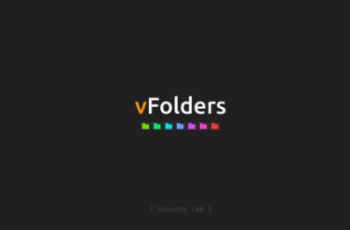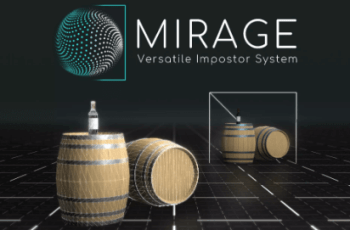Quantum Console is a powerful and easy to use in-game command console. By simply adding [Command] to your code you can add your own commands and dev cheats to the console!
For more details this asset from the Unity Asset Store: Click Here
This is a paid asset, but now you can download Quantum Console for FREE, Please keep in mind this package is provided only for learning purposes or to be able to test before buying the product, NOT FOR COMMERCIAL PURPOSES.
Quantum Console v2.6.7 (27 May 2025) (Latest version)
Quantum Console v2.6.6
“If possible, please buy the package to support the developer”
Support: Email | Discord | Issue Tracker | Twitter | Docs | Forum | Demo
Requires TMP and .NET 4.X backend (default)Quantum Console is a powerful and easy to use in game command console. By simply adding [Command] to your code you can add your own commands and dev cheats to the console!
What can it be used for?
Including, but not limited to:
– Flexible QA tools
– Development cheats for testing
– Debugging assistance
– In game cheat codes
– Adaptable to any project
Command Features:
– Static and non-static commands
– Command overloads and default parameters
– Generic commands
– Async commands
– Supports functions, properties, fields and delegates
– Per command platform black/whitelist
– Easy to use
– Full C# source included
Console Features:
– Display Debug.Log messages in the console
– Highly customisable
– Custom theme system
– Command suggestion and autocompletion
– Text Mesh Pro support
Example Built In Commands:
– call-static/call-instance: call any C# method or property in your project
– man: generates a user manual for a specified command
– exec: compiles an executes C# code at runtime
– #define: defines and creates a user macro
– instantiate: instantiates a copy of an object
– destroy: destroys an object
– get-object-info: gets the transform and component data of an object
Have any queries? Feel free to contact support to help determine if Quantum Console is the solution for you!
Quantum Console includes open source components under the permissive licenses MIT and OFL – see the ‘Third-Party Notices.txt’ file for details.




